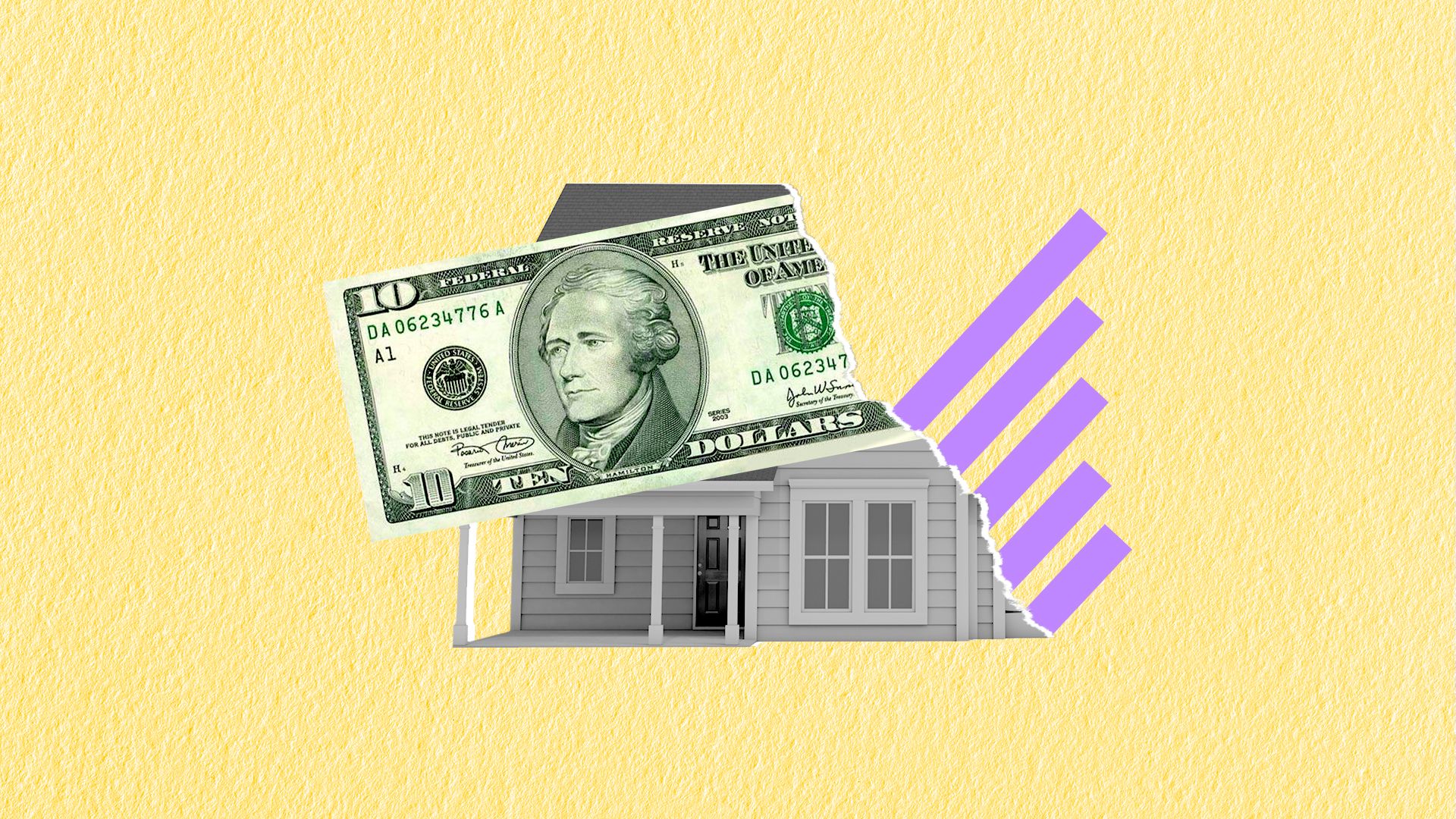Sep 15, 2018 - Economy
The Great Recession Generation
Add Axios as your preferred source to
see more of our stories on Google.

Illustration: Rebecca Zisser/Axios
Add Axios as your preferred source to
see more of our stories on Google.

Illustration: Rebecca Zisser/Axios